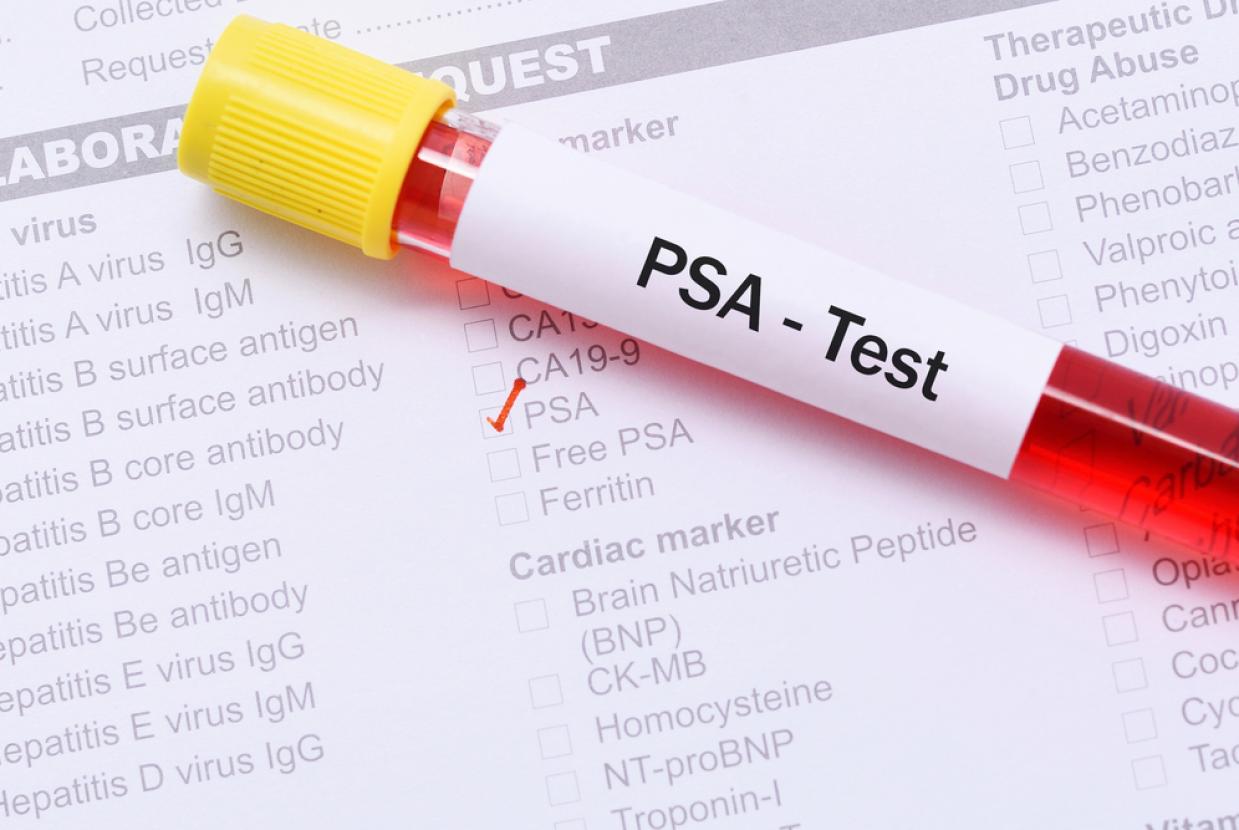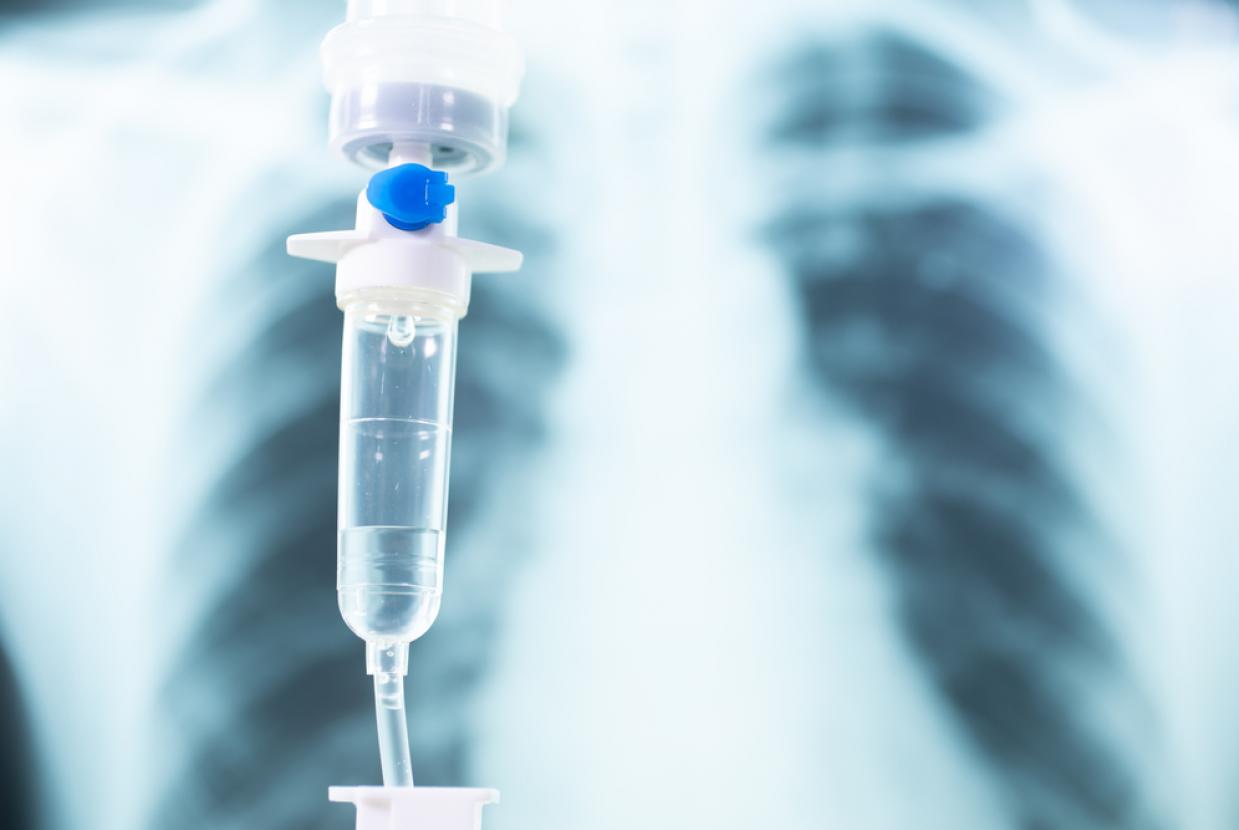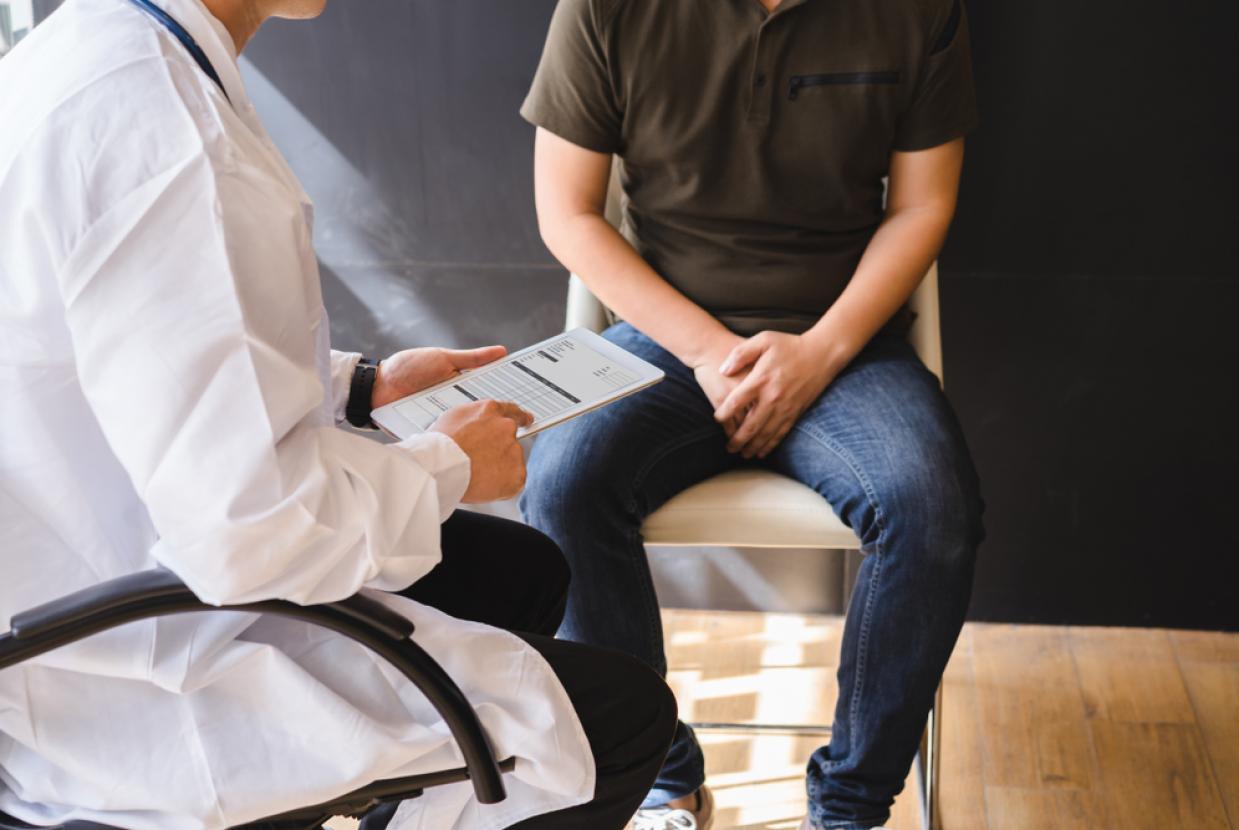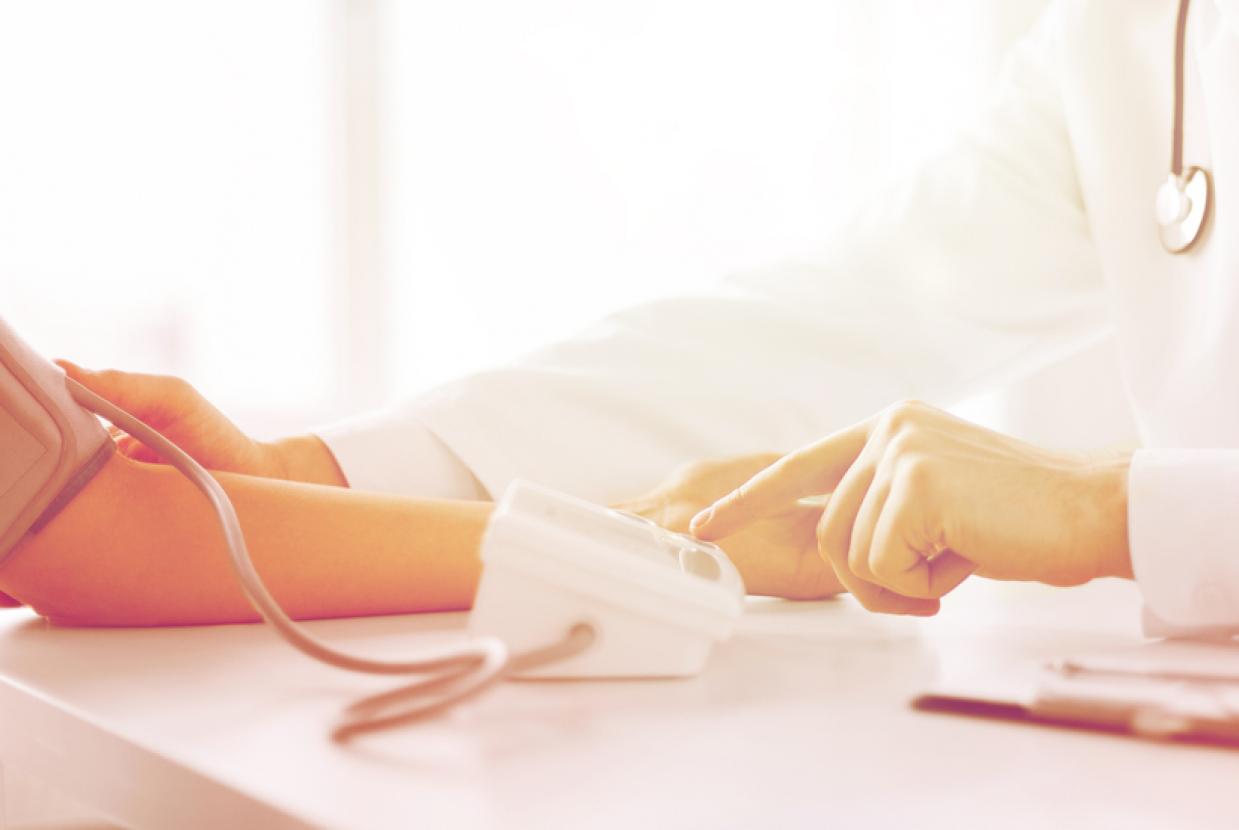How To Check For Testicular Cancer
From puberty onwards, it is important to check for any changes in the testicles regularly. It is usually possible to cure testicular cancer. But it is easier to treat when it is diagnosed early.
Checking for testicular cancer is sometimes called testicular self-examination. Doing this regularly means you will soon get to know what feels normal for you. A normal testicle should feel smooth and firm, but not hard.
It can be easier to check the testicles during, or right after, a warm bath or shower when the scrotal skin is relaxed. Hold the scrotum in the palm of your hand. Use your fingers and thumb to examine each testicle. You should feel for:
- lumps or swellings
- anything unusual
- differences between the testicles.
It is normal for the testicles to be slightly different in size. It is also normal for one to hang lower than the other.
The epididymis (tube that carries sperm) is behind the top of each testicle. It feels like a soft, coiled tube. It is common to get harmless cysts or benign lumps in the epididymis. The treatment for these can vary.
Booklets and resources
How to check your balls (testicles) - easy read
An easy read booklet about testicular cancer and how to check your testicles for changes.
Visiting a doctor
Other conditions can cause lumps or swellings, and most lumps are not cancer (non-cancerous). But it is important you get your doctor to check anything unusual as soon as possible.
Doctors are used to dealing with problems like this. If you feel embarrassed about talking to your GP, you can go to your local sexual health clinic.
Trans and non-binary people
If you are a trans woman and have testicles, you may feel uncomfortable or upset about checking this part of the body. Talking to a healthcare professional about your body may also be especially difficult and complicated.
Try not to let this stop you checking regularly. It is important to get any changes checked. If you are not able to talk to your GP or local sexual health clinic, you can also contact a:
- gender identity clinic, if you attend one
- sexual health and well-being service that is trans and non-binary friendly. You can check if this is available in your area on Tranzwiki.

























































